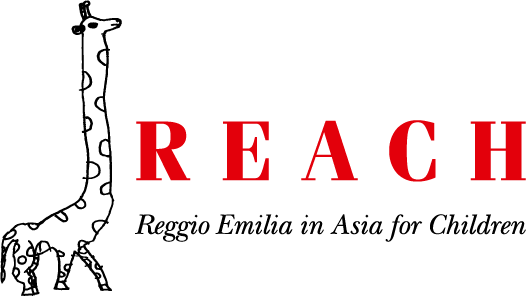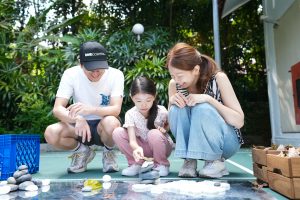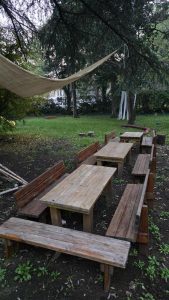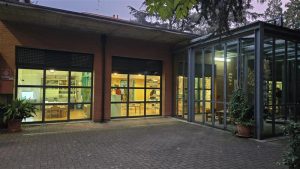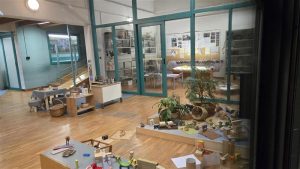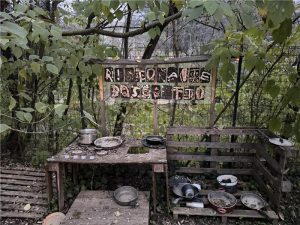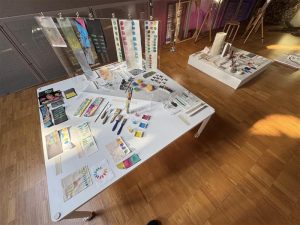The 2024 International Study Group to Reggio Emilia was a profound experience that reaffirmed the importance of children’s rights, particularly the “rights to having rights.” This foundational concept underscores the necessity of truly listening to children and recognising their perspectives as valuable contributions to our collective understanding of learning and growth.
One of the most striking aspects of the study was the pedagogical skill involved in observing and listening to children. The ability to document their inquiries and plan the next steps in their learning journey allows for a meaningful and evolving exploration. It is not about directing children but rather co-constructing knowledge alongside them, making learning an organic and interconnected process.
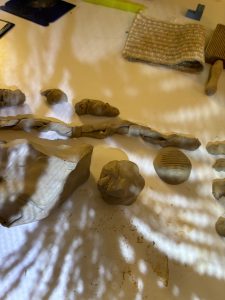
During the atelier session, I was reminded of the sheer intrigue that materials can offer. The focus was not on the final product but rather on the process—the journey of discovery. We engaged deeply with the question: What is the potential of this material? Exploring clay, we questioned stability and verticality, pushing the boundaries of creativity. The material itself became the protagonist, guiding our inquiry and challenging our preconceptions.
Strong facilitation emerged as a key theme—where the power of a well-placed question can spark new pathways of thinking. The seminar reinforced the significance of starting with children’s prior experiences and embracing our role as educators in extending curiosity. Our responsibility is to sustain meaningful conversations, valuing each child’s perspective as an integral part of the learning process.
Reflection by:
Chua Chai Yun
Senior Centre Leader
E-Bridge Pre-School Plantation Crescent
